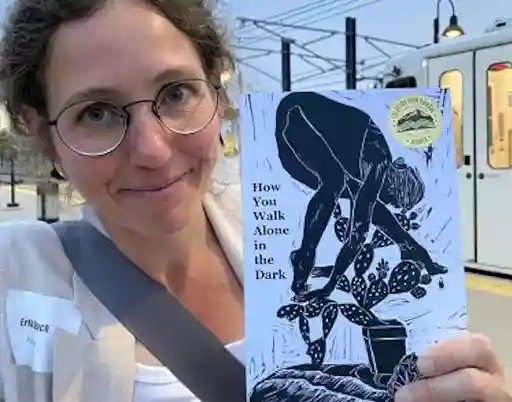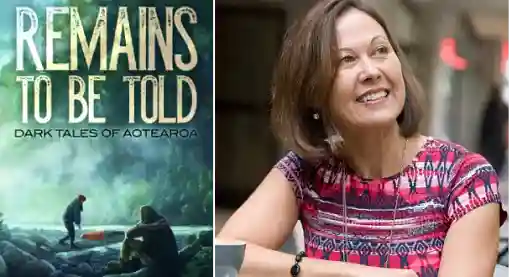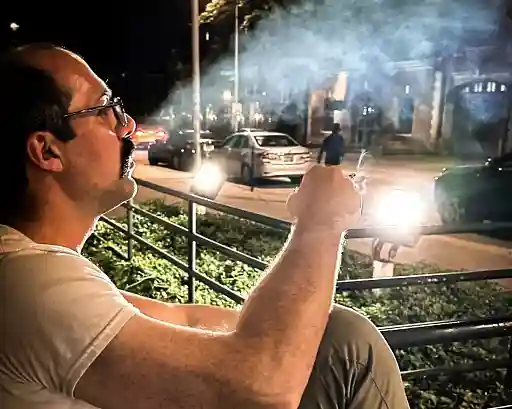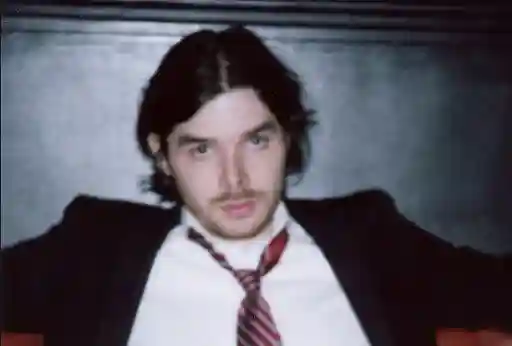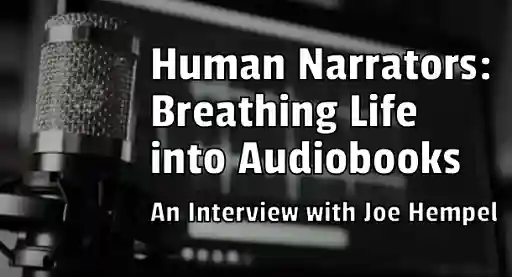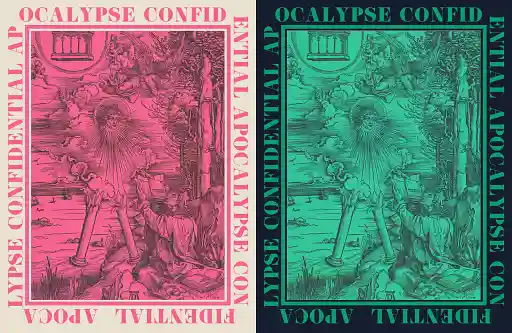The very first eBook I ever bought was Richard Lange’s debut short story collection, Dead Boys. When I bought it, I had just gotten my first iPhone and I wanted a book that would occupy me during the more dead eyed, soulless moments of my job at the time. I thought a short story collection would be a good way to momentarily transport me away from my 2 PM cubicle for a couple of minutes, and wouldn’t distract me too much from work.
I was, of course, very wrong about the collection providing me with only a minor distraction. Over the next two days I sat at my desk hunched over my phone until my supervisor told me I wasn’t allowed to have my phone at my desk during business hours.
What I loved most about Dead Boys was that Lange was writing about people who were nothing more than cannon fodder for crime fiction caricatures such as Jack Reacher. Lange’s characters were losers, they were people living on the fringes, they were everybody's and nobody’s, and they were brilliant.
I picked up Lange’s debut novel, This Wicked World, soon after and chewed through it with the same gusto, and then I waited for Lange’s next book to come out.
And waited.
And waited.
Until, finally, Lange released his second novel, the brilliant Angel Baby in 2013. And as much as I loved Angel Baby, I wanted more short stories. I wanted more of Lange’s everybody’s and nobody’s. Thankfully, Lange’s latest collection, Sweet Nothing, is hitting bookstores on February 10, and trust me, it is just as great as Dead Boys.
What was the first story you ever wrote, and what happened to it?
The first story I can ever remember writing was in third grade, about a World War I dogfight. I was fascinated by war back then. I have no idea what happened to the story. Lost to history, I guess.
When you sold your first piece of writing, how did you celebrate?
Tossed back a few drinks. That’s still my preferred way to celebrate. That and a thick steak.
Tell us about your process: Pen, paper, word processor, human blood when the moon is full... how do you write?
I’ve been writing full-time now for about eight years, and I stick to a pretty rigid schedule of two hours in the morning, two hours in the afternoon, and an hour at night, five days a week. That doesn’t include e-mails, interviews and other promo stuff, which I squeeze in during breaks and on weekends. As for actual process, I hand write in pencil, working between two spiral-bound notebooks. I do this lying on a couch in my office. After two passes, I input into the computer, and then the real editing begins.
What's the biggest mistake you've made as a writer?
Back when I started sending out stories, many magazines and journals had a prohibition against double submitting. The biggest mistake I ever made was observing that rule. I’d send out a story and wait six months, eight months, a year for a rejection before sending it out again. What kind of crap is that, a six-month response time? If I’d just said, ”Fuck these idiots. Who’s ever gonna find out?” and sent the stories to ten magazines at a time, I might have had my first collection out years earlier. Now I send it to five mags at once, give them a month to respond, then go on to the next five.
Which fictional character would you most like to have a drink with, and why?
Most of the people I read and write about are pretty messed up and wouldn’t be the best company. I’d like to have a drink with Ernest Hemingway, meaning the Hemingway persona he created, which counts as a fictional character. He could hold his liquor and would have some great stories.
What kind of catharsis did you achieve from your latest work?
The catharsis came not so much in writing the collection as in getting it published. You usually only get one shot at short stories at a big publisher like mine, then they want novels. That my editor and everyone else there believed in Sweet Nothing enough to put it out made me feel great. It was a vote of confidence from them.
Where do you buy your books?
More from bookstores than from Amazon, but many times bookstores don’t have the stuff I’m looking for. I just went to three places looking for Isaac Babel’s stories and ended up ordering them online.
How do you handle a bad review of your work?
Luckily, I haven’t had many, and the ones I have had have been mostly on Goodreads, where I just look at the reviewers’ “Favorite Books” and scoff at their terrible taste.
What's the worst advice you hear authors give writers?
That it’s important just to write, whether that be blogs, your journal, tweets, whatever. If you’re serious about writing fiction, you should be working on stories; on teaching yourself to communicate plot, character, and milieu to an audience; and on cultivating your personal rhythm and voice. You should be sitting down every day for some period of time and hacking away at an actual story or novel. That’s the only way you’re going to develop the muscles you need to be in this for the long haul.
With two novels and two collections under your belt, which format do you prefer more, the short story or the novel and why?
I like both and would like to continue going back and forth between the two forms. The stories allow me to experiment a bit more with structure and voice and to dispense with a lot of cumbersome plot. They’re more like emotional experiences for the reader than incident-driven journeys. In the novels, I’m stretching out and incorporating a lot more plot because I like novels where things happen. I don’t want to be stuck in someone’s head for 200 pages. I want glimpses of the outside world. What it boils down to is that I’m trying to entertain more in the novels than I am in the stories. I find, though, that as time goes on, the lessons I learn writing the stories are incorporated into the novels and vice versa. I’m still developing as a writer, and I’m still excited by the whole process.
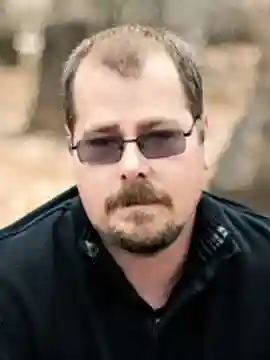
About the author
Keith Rawson is a little-known pulp writer whose short fiction, poetry, essays, reviews, and interviews have been widely published both online and in print. He is the author of the short story collection The Chaos We Know (SnubNose Press)and Co-Editor of the anthology Crime Factory: The First Shift. He lives in Southern Arizona with his wife and daughter.
